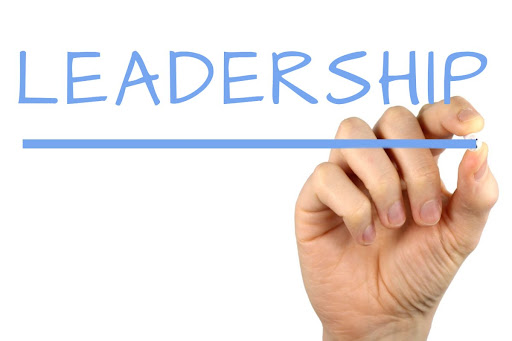In today’s job market, having the technical skills and qualifications is no longer enough to secure employment. Increasingly, employers are placing greater emphasis on soft skills and emotional intelligence during the interview process. Interpersonal skills not only shape how individuals interact with others but also play a role in their success at work.
Why So Valuable
Soft skills include a wide range of traits, including communication, teamwork, problem-solving, adaptability, and time management. While technical skills may vary from one job to another, soft skills are universally valued across all industries and professions. Employers recognize that candidates who possess strong soft skills are better equipped to collaborate with colleagues. They are also able to resolve conflicts and navigate the complexities of the modern workplace.
How Are Soft Skills Evaluated?
During the interview process, employers assess candidates’ soft skills through a variety of methods. This includes behavioral questions, situational scenarios, and role-playing exercises. By evaluating candidates’ responses and observing their demeanor, interviewers can gauge their level of emotional intelligence. Your interpersonal competence is actually a decent indicator of how well you will handle certain difficult situations.
EQ
Emotional intelligence, often referred to as EQ, is another essential aspect of success in the workplace. It encompasses self-awareness, self-regulation, empathy, and social skills. Workers with high emotional intelligence are better able to understand and manage their own emotions. They can also communicate effectively with others and will build positive relationships in the workplace.
Employers value emotional intelligence because it fosters a supportive and collaborative work environment. It also enhances leadership effectiveness and improves employee morale and engagement. Additionally, individuals with high emotional intelligence are better equipped to handle stress, navigate change, and adapt to new challenges, These employees are invaluable assets to any organization and should be developed into leaders for the future.
Interviewing and Storytelling
During the interview process, candidates can demonstrate their soft skills and emotional intelligence by providing specific examples. While interviewing tell your story and how you solved a difficult situation. By sharing examples of collaboration, problem-solving, and effective communication, candidates can showcase their interpersonal strengths. These will highlight your ability to contribute positively to the organization and your new team.
Soft skills and emotional intelligence cannot be overstated in today’s job market. Employers recognize that candidates who possess strong interpersonal qualities are better equipped to succeed in the workplace and make meaningful contributions. By emphasizing soft skills and emotional intelligence during the interview process, candidates can differentiate themselves from the competition. Best of luck and tell your story!
For more career advice check out: KathyHusserTempe.com
